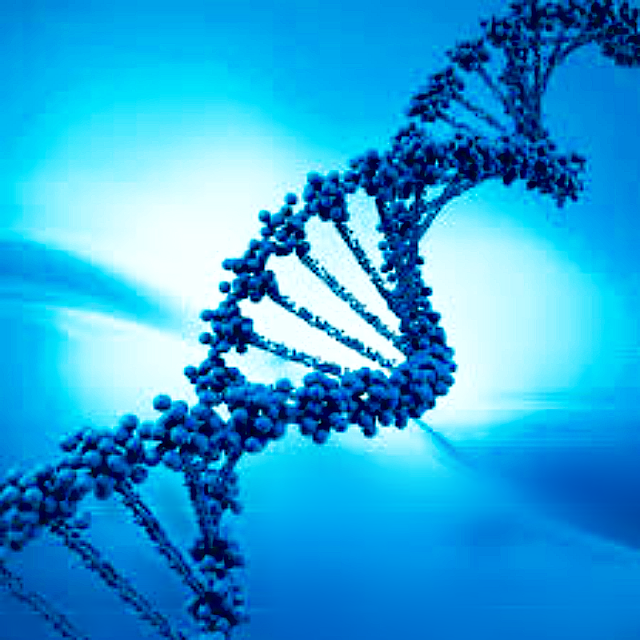Genetics Studies: Homosexuality, Bisexuality & Gender Identity
In 1993, Dean Hamer published a study in Science that linked homosexuality to a specific region on the X chromosome, which he called Xq28.
This study was widely reported in the media as evidence that homosexuality is genetic.
However, subsequent research has failed to replicate Hamer's findings, and the existence of a "gay gene" is now considered to be unlikely.
The study involved 40 pairs of gay brothers, and Hamer found that 33 of these pairs shared a common marker on the X chromosome.
This suggested that there was a gene in this region that was associated with homosexuality.
However, Hamer's study was small and did not include a control group of heterosexual men.
It is possible that the marker that Hamer found is simply more common in the general population than he realized.
In addition, other studies have failed to find a link between homosexuality and the Xq28 region.
For example, a study published in Nature Genetics in 1999 found no evidence of a "gay gene" in a sample of over 1,000 men.
The current scientific consensus is that homosexuality is not caused by a single gene. Instead, it is likely that homosexuality is caused by a complex interaction of genes and environmental factors.
Another study, published in the journal PNAS in 2019, found that a specific gene called SNAP25 is associated with bisexuality in women.
SNAP25 is a gene involved in the regulation of sexual behavior.
These studies suggest that there is a genetic component to bisexuality.
However, it is important to note that these studies are only observational studies, and they cannot prove that genetics causes bisexuality.
More research is needed to determine the exact role that genetics plays in bisexuality.
It is also important to note that bisexuality is a spectrum, and there is no one "right" way to be bisexual.
There have also been genetic studies on gender identity. These studies have found that there are a number of genes that are associated with gender identity.
However, it is important to note that gender identity is a complex trait that is influenced by a variety of factors, including genetics, environment, and culture.
One study, published in the journal Nature in 2019, found that there are over 500 genetic variants that are associated with gender identity.
The study also found that these genetic variants are more common in people who identify as transgender or non-binary than in people who identify as cisgender.
Another study, published in the journal PNAS in 2017, found that a specific gene called ESR1 is associated with gender identity.
The study found that people who have a certain variant of the ESR1 gene are more likely to identify as transgender or non-binary.
These studies suggest that there is a genetic component to gender identity.
However, it is important to note that these studies are only observational studies, and they cannot prove that genetics causes gender identity.
More research is needed to determine the exact role that genetics plays in gender identity.
It is also important to note that gender identity is a spectrum, and there is no one "right" way to be transgender or non-binary.
Some people who identify as transgender or non-binary may feel that they do not fit neatly into either the male or female gender category. Others may feel that they are both male and female, or that they are neither male nor female. There is no right or wrong way to feel about your gender identity.
Unlikely Buddha 2023
.png)


Comments
Post a Comment